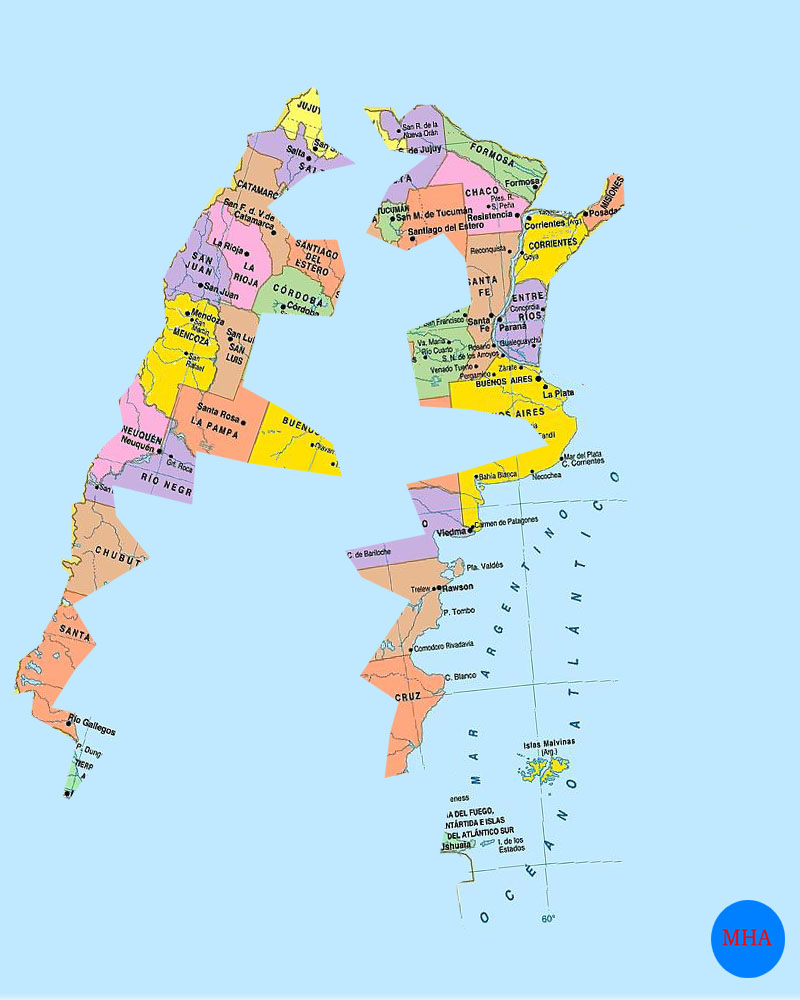


Argentina's fertility decline began earlier than in the rest of Latin America, occurring most rapidly between the early 20th century and the 1950s, and then becoming more gradual.

Presidential elections will take place next in 2023.Īrgentina's population continues to grow but at a slower rate because of its steadily declining birth rate. Argentina underwent a brief period of economic reform and international reintegration under Mauricio MACRI (2015-19), but a recession in 2018-19 and frustration with MACRI’s economic policies ushered in a new Peronist government in 2019 led by President Alberto FERNANDEZ and Vice President FERNANDEZ DE KIRCHNER. The years 2003-15 saw Peronist rule by Nestor KIRCHNER (2003-07) and his spouse Cristina FERNANDEZ DE KIRCHNER (2007-15), who oversaw several years of strong economic growth (2003-11) followed by a gradual deterioration in the government’s fiscal situation and eventual economic stagnation and isolation. Democracy returned in 1983 after a failed bid to seize the Falkland Islands (Islas Malvinas) by force, and has persisted despite numerous challenges, the most formidable of which was a severe economic crisis in 2001-02 that led to violent public protests and the successive resignations of several presidents. Up until about the mid-20th century, much of Argentina's history was dominated by periods of internal political unrest and conflict between civilian and military factions.Īfter World War II, an era of populism under former President Juan Domingo PERON - the founder of the Peronist political movement - and direct and indirect military interference in subsequent governments was followed by a military junta that took power in 1976. The country's population and culture were heavily shaped by immigrants from throughout Europe, with Italy and Spain providing the largest percentage of newcomers from 1860 to 1930. After Bolivia, Paraguay, and Uruguay went their separate ways, the area that remained became Argentina. It does not store any personal data.In 1816, the United Provinces of the Rio Plata declared their independence from Spain. The cookie is set by the GDPR Cookie Consent plugin and is used to store whether or not user has consented to the use of cookies. The cookie is used to store the user consent for the cookies in the category "Performance". This cookie is set by GDPR Cookie Consent plugin. The cookies is used to store the user consent for the cookies in the category "Necessary".

The cookie is used to store the user consent for the cookies in the category "Other. The cookie is set by GDPR cookie consent to record the user consent for the cookies in the category "Functional". The cookie is used to store the user consent for the cookies in the category "Analytics". These cookies do not store any personally identifiable data. Necessary cookies are required to enable the basic features of this site, such as providing secure log-in or adjusting consent preferences. We're sorry but this site doesn't work properly without JavaScript enabled. Just as the UN’s Sustainable Development Goals have been a touchstone for our Vision 2020 group-operation sustainability audits, so they continue to guide and underpin our ambitiously scaled Vision 2030 goals. Leaving our world a better place for years Discover the impact legacy that your travel with &BEYOND is driving.


 0 kommentar(er)
0 kommentar(er)
